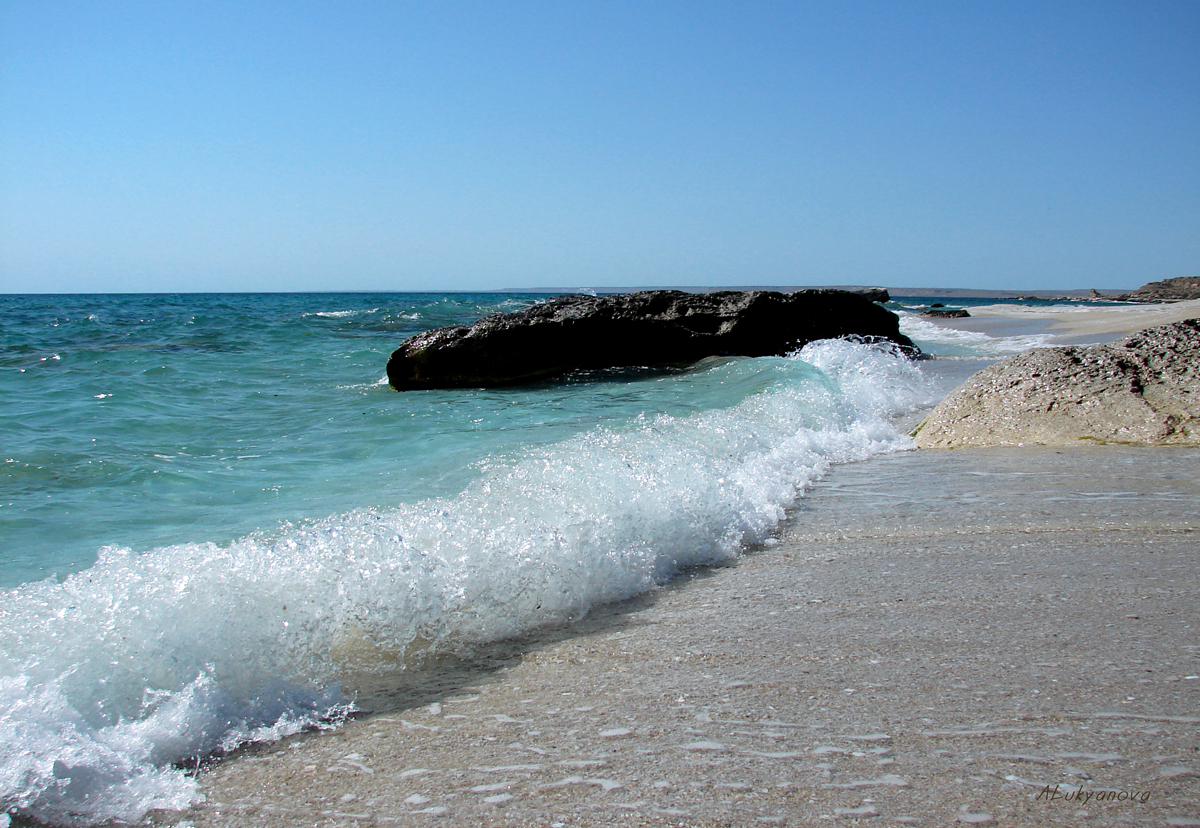Caspian Sea states reach agreement in Baku

By Nigar Orujova
Caspian states have managed to reach an agreement on several controversial points pertaining to the draft convention on Caspian Sea status in Baku.
Deputy foreign ministers of the five littoral states – Azerbaijan, Russia, Kazakhstan, Iran and Turkmenistan – have gathered at the 39th meeting of the working group on determining the legal status of the Caspian Sea in Azerbaijan on March 4-5.
The agreed issues are related to environmental problems and the manner in which the water of this significant regional water reservoir needs to be approached.
"Broad discussions were held on the paragraphs of the convention on the legal status of the Caspian Sea and the Astrakhan Declaration of the heads of Caspian Sea countries," explained Khalaf Khalafov, Azerbaijan’s Deputy Foreign Minister.
“We hope that we will manage to complete the whole work on the convention in a short time and adopt it at the next summit in Astana,” he said.
The issues related to the legal status of the Caspian Sea and agreeing on all the fundamental issues related to it are the priority for all five littoral states.
"Caspian states agreed on six additional points of a draft convention on the Caspian Sea’s legal status," said Ebrahim Rahimpour, the Iranian Deputy Foreign Minister.
“We hope the Caspian Sea will become a basin of friendship, peace and stability,” he added.
There is a convergence of positions of Azerbaijan and Iran on the issue of the legal status of the sea, he added, and the Iranian side expressed the hope that the Caspian Sea can be a good platform for the future cooperation.
Russian representative Igor Bratchikov, in turn, said the issues related to laying pipelines and cables under the Caspian Sea are still on the agenda, nothing that discussions on these issues will continue.
The issue of laying pipelines in the Caspian Sea is reflected in the draft convention on the legal status. Discussion on this point continues as there are different approaches to the issue.
Khalaf Khalafov is confident that this issue will also be resolved in the future based on the goodwill positions of all the littoral states.
In recent years, the EU together with Turkmenistan and
Azerbaijan has considered constructing the Trans-Caspian gas
pipeline.
Baku and Ashgabat believe that the implementation of this project
is the sovereign right of the two countries, since the pipeline
will run through their territorial waters. Nevertheless, Russia and
Iran believe that this issue can only be considered once its legal
status is determined.
The littoral states have signed numerous agreements on the Caspian
Sea to date, but the main problem, the sea status remains open.
The uncertainty of the legal status of the sea also hampers effort to effectively help toward salvaging the water reservoir before the threat of pollution.
The Caspian Sea is home to 80-85 percent of the world sturgeon. A sharp decrease in volumes has been witnessed recently.
Moreover, the Caspian Sea with its rich natural resources is also home to about 141 other fish species. However, this natural wonder is struggling with different problems including pollution.
The coastal states signed a framework convention on the protection of the marine environment of the Caspian Sea in November 2003.
Several agreements were signed between Russia, Azerbaijan and Kazakhstan in 1998-2003.
Significant progress have been achieved in drafting a convention on the legal status of the Caspian Sea in September 2014, which held out hope that the convention could possibly be inked at the Kazakhstan summit this year.
--
Nigar Orujova is AzerNews’s staff journalist, follow her on Twitter: @o_nigar
Follow us on Twitter @AzerNewsAz
Here we are to serve you with news right now. It does not cost much, but worth your attention.
Choose to support open, independent, quality journalism and subscribe on a monthly basis.
By subscribing to our online newspaper, you can have full digital access to all news, analysis, and much more.
You can also follow AzerNEWS on Twitter @AzerNewsAz or Facebook @AzerNewsNewspaper
Thank you!
